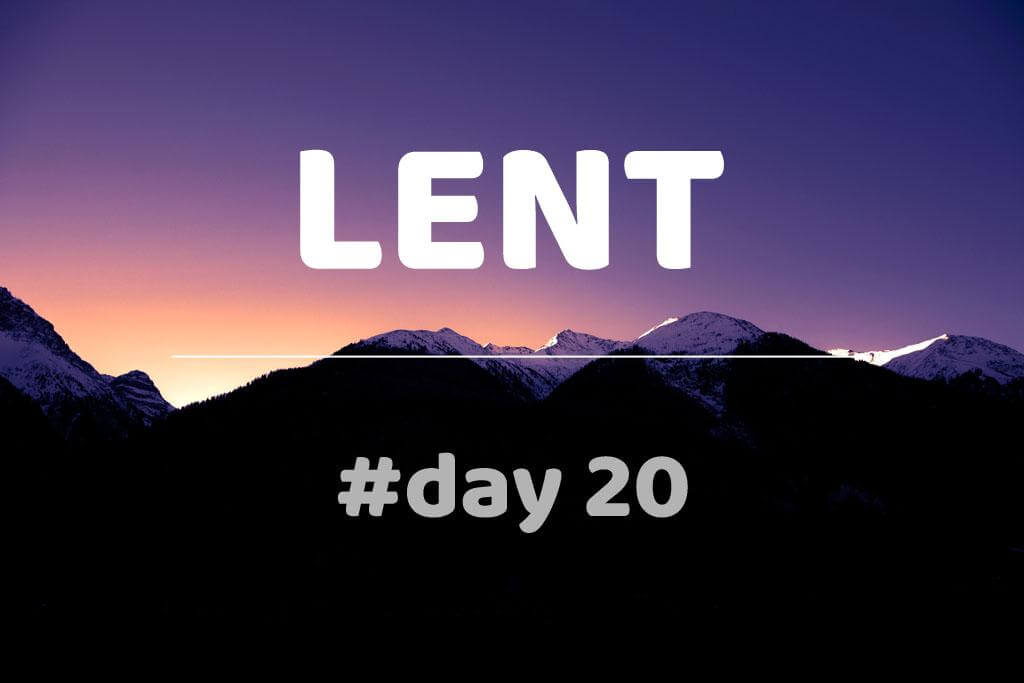Blog Search Results

Did you mean:
early church
?
193 results for Early Church
found
within the Blog
6 displayed out of 193 (0.65seconds)Page 6 of 33

The Relationship Between Jesus and Sophia
Posted by Luke J. Wilson on 22nd July 2021 in Christology | wisdom,Sophia,feminism,women,christology,Early Church,Early Church fathers
...from the Early Church Fathers below, ranging in date between AD 150 to around 250-ish, so you can see how this conclusion was drawn, though you can read many more quotes from them here.
I shall give you another testimony, my friends,” said I, “from the Scriptures, that God begat before all creatures a Beginning, [who was] a certain rational power [proceeding] from Himself, who is called by the Holy Spirit, now the Glory of the Lord, now the Son, again Wisdom, again an Angel, then God, and then Lord and Logos … – Justin Martyr, Dialogue with Trypho, 61
But if, in your surpassing intelligence, it occurs to you to inquire what is meant by the Son, I wi...
Understanding The New Testament: Inspiration, Canonisation, And Historical Context
Posted by Luke J. Wilson on 23rd December 2023 in Early Church | Inspiration,Scripture,Early Church,Early Church fathers,islam,Bible
.... In the Early Church, the antilegomena enjoyed widespread readership, encompassing works such as the Epistle of James, Jude, 2 Peter, 2 and 3 John, the Book of Revelation, the Gospel of the Hebrews, the Epistle to the Hebrews, the Apocalypse of Peter, the Acts of Paul, the Shepherd of Hermas, the Epistle of Barnabas, and the Didache. Within the Early Church, there existed differing opinions on whether these particular texts merited canonical status, though.
Eusebius, who wrote Church History (~325), used the Greek term “antilegomena” to refer to the group of disputed writings. He uses this word in two places when speaking about these texts:
It is not ind...
Is Halloween a Pagan Holiday?
Posted by Luke J. Wilson on 30th October 2017 in Halloween | halloween,all saints day,all hallows eve,Early Church,tradition,cultural and society,celebrations,festivals,holidays,holy day
...It's that time of year when you begin to see various articles and debates online about Hallowe'en, and whether it's entirely pagan in origin and the Church "stole it"; or if it's something that Christians should even have any part in.
Table of Contents
Origins of the holiday
Aren’t there pagan roots?
What about “Trick or Treat”, costumes and pumpkins?
In conclusion
To some people, the answer is a straightforward “no”, while others say it falls into the realm of Christian freedom and personal discernment. But what about if you're unsure or somewhere in the middle of those two positions, how should you decide what is the right thing to do?...
Unveiling the Trinity: Exploring the Nature of Jesus and the Incarnation
Posted by Luke J. Wilson on 4th November 2023 in Trinity | trinity,incarnation,two powers in heaven
...of God.
Early Church Fathers and the Development of Doctrine
Early Church fathers, such as Augustine, played a pivotal role in formulating the doctrine of the Trinity, emphasising the nature of the Godhead as three persons in one essence.
Irenaeus (c. 130-202): In "Against Heresies," Irenaeus refuted Gnostic views and affirmed the divinity of Christ, emphasising the importance of the Son in the economy of salvation.
Tertullian (c. 155-240): Tertullian coined the term "Trinity" (Latin: "Trinitas") and laid the foundation for Early Trinitarian thought in his writings.
Athanasius (c. 296-373): Athanasius, known for his work "On the Incarnation," defended the...
Lent Day 20: Cyprian: On the Unity of the Church: 19-27
Posted by Luke J. Wilson on 23rd March 2017 in Lent | Lent,great lent,fasting,Early Church fathers,devotional,daily reading,Cyprian,Bishop of Carthage,unity
...Day Twenty: St. Cyprian: On the Unity of the Church: 19-27
Who: Third century bishop of Carthage (in modern Tunisia), and martyr from Africa
What: A letter to encourage the unity of the Church against schisms and heresy during massive Roman persecution
Why: A disturbance had happened in the Church because of a priest called Novatian — a schismatic of the third century, and founder of the sect of the Novatians. Cyprian wrote to counter this and argues that there can only be one united Church, and the Novatian breakaway was a false Church and that Novatian was an antipope.When: Around 249 AD
You can find today’s reading on page 102 here: lentfatherscomple...
Creedal Christians: The Apostle's Creed
Posted by Luke J. Wilson on 11th October 2018 in Early Church | creedal christians,creeds,creedal,apostles,apostolic creed,apostolic tradition,rule of faith,Early Church fathers,Early Church
...ks of the Early Church Fathers which essentially quote these creeds almost word for word, going back as Early as the first century in one of Ignatius’ letters! Ignatius was a disciple of the Apostle John too, so this just gives more strength to the argument that this creed really did originate with the Twelve Apostles in some form, which was passed on to their disciples, and so on and so on through the ages.
Stop your ears, therefore, when any one speaks to you at variance with Jesus Christ, who was descended from David, and was also of Mary; who was truly born, and did eat and drink. He was truly persecuted under Pontius Pilate; He was truly crucified, an...

